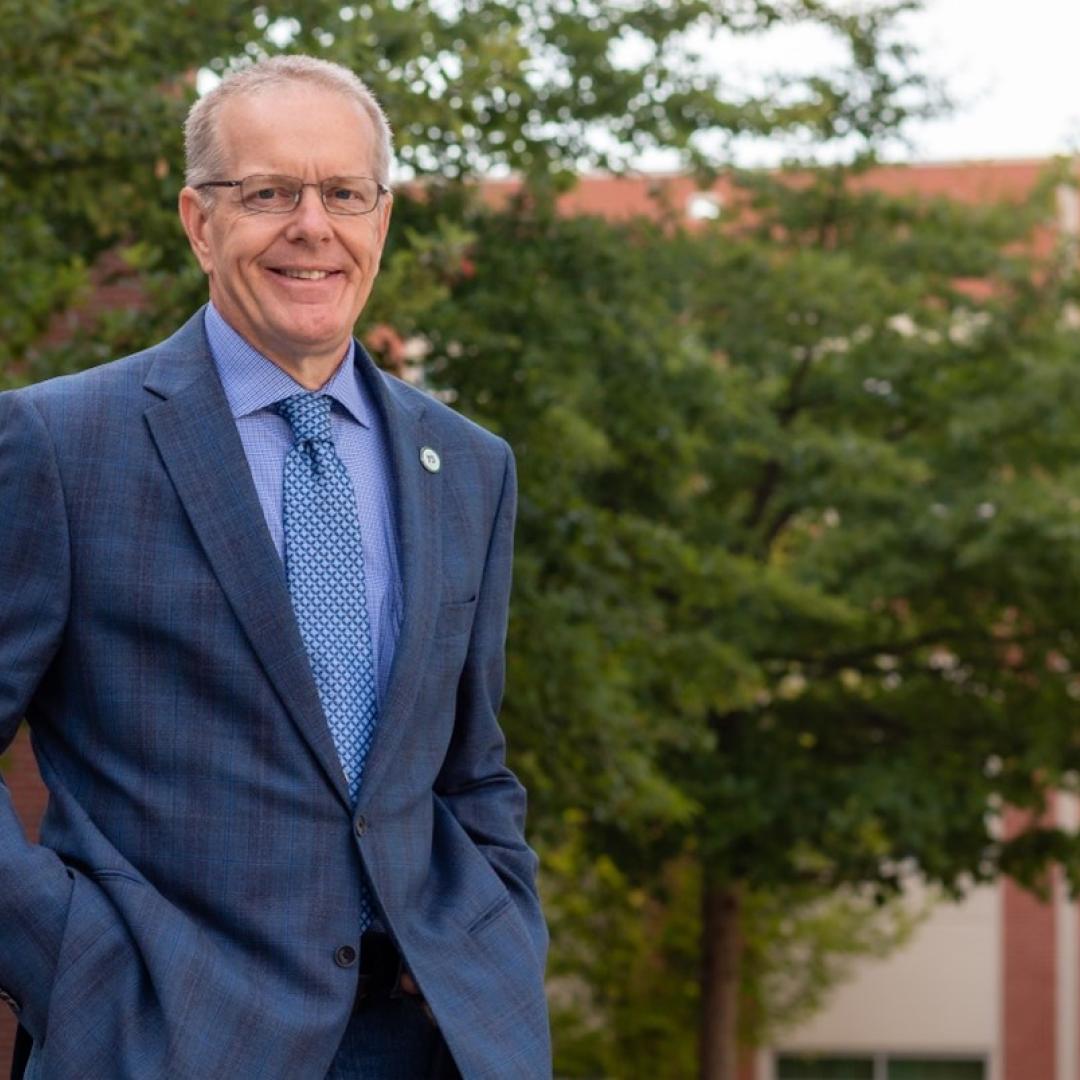
Filter News
Area of Research
- Advanced Manufacturing (2)
- Biology and Environment (31)
- Biology and Soft Matter (1)
- Clean Energy (46)
- Fusion and Fission (3)
- Fusion Energy (1)
- Isotopes (3)
- Materials (62)
- Materials Characterization (2)
- Materials for Computing (5)
- Materials Under Extremes (1)
- National Security (5)
- Neutron Science (14)
- Nuclear Science and Technology (1)
- Supercomputing (47)
News Type
News Topics
- (-) Decarbonization (64)
- (-) Exascale Computing (34)
- (-) Frontier (38)
- (-) Materials (100)
- 3-D Printing/Advanced Manufacturing (82)
- Advanced Reactors (18)
- Artificial Intelligence (75)
- Big Data (31)
- Bioenergy (74)
- Biology (80)
- Biomedical (45)
- Biotechnology (18)
- Buildings (31)
- Chemical Sciences (52)
- Clean Water (15)
- Climate Change (71)
- Composites (15)
- Computer Science (140)
- Coronavirus (34)
- Critical Materials (13)
- Cybersecurity (31)
- Education (4)
- Element Discovery (1)
- Emergency (2)
- Energy Storage (70)
- Environment (138)
- Fossil Energy (5)
- Fusion (44)
- Grid (38)
- High-Performance Computing (70)
- Hydropower (5)
- Isotopes (45)
- ITER (4)
- Machine Learning (35)
- Materials Science (94)
- Mathematics (6)
- Mercury (9)
- Microelectronics (3)
- Microscopy (36)
- Molten Salt (3)
- Nanotechnology (42)
- National Security (54)
- Net Zero (11)
- Neutron Science (96)
- Nuclear Energy (81)
- Partnerships (43)
- Physics (52)
- Polymers (20)
- Quantum Computing (29)
- Quantum Science (56)
- Renewable Energy (2)
- Security (22)
- Simulation (39)
- Software (1)
- Space Exploration (15)
- Statistics (2)
- Summit (50)
- Sustainable Energy (74)
- Transformational Challenge Reactor (7)
- Transportation (52)
Media Contacts
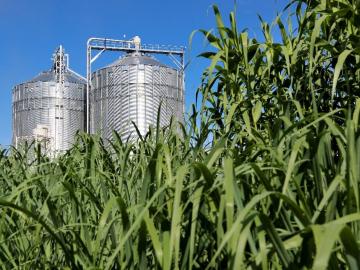
Scientists from more than a dozen institutions have completed a first-of-its-kind high-resolution assessment of carbon dioxide removal potential in the United States, charting a path to achieve a net-zero greenhouse gas economy by 2050.
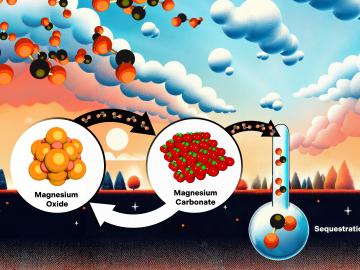
Magnesium oxide is a promising material for capturing carbon dioxide directly from the atmosphere and injecting it deep underground to limit the effects of climate change. ORNL scientists are exploring ways to overcome an obstacle to making the technology economical.

A 19-member team of scientists from across the national laboratory complex won the Association for Computing Machinery’s 2023 Gordon Bell Special Prize for Climate Modeling for developing a model that uses the world’s first exascale supercomputer to simulate decades’ worth of cloud formations.
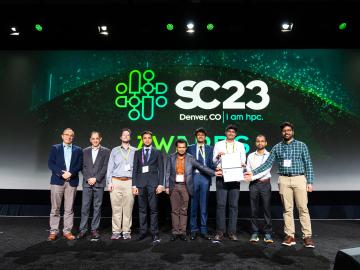
A team of eight scientists won the Association for Computing Machinery’s 2023 Gordon Bell Prize for their study that used the world’s first exascale supercomputer to run one of the largest simulations of an alloy ever and achieve near-quantum accuracy.
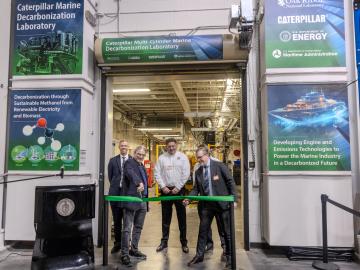
ORNL and Caterpillar Inc. have entered into a cooperative research and development agreement, or CRADA, to investigate using methanol as an alternative fuel source for four-stroke internal combustion marine engines.

Four researchers at the Department of Energy’s Oak Ridge National Laboratory have been named ORNL Corporate Fellows in recognition of significant career accomplishments and continued leadership in their scientific fields.
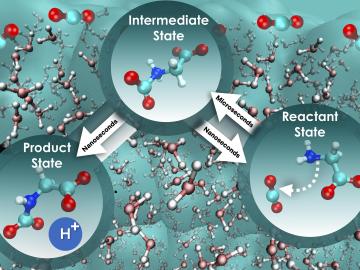
Recent research by ORNL scientists focused on the foundational steps of carbon dioxide sequestration using aqueous glycine, an amino acid known for its absorbent qualities.
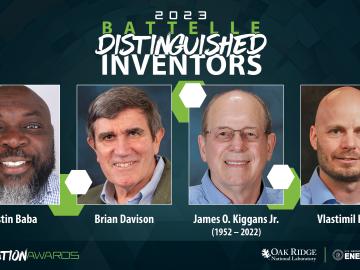
Four scientists affiliated with ORNL were named Battelle Distinguished Inventors during the lab’s annual Innovation Awards on Dec. 1 in recognition of being granted 14 or more United States patents.
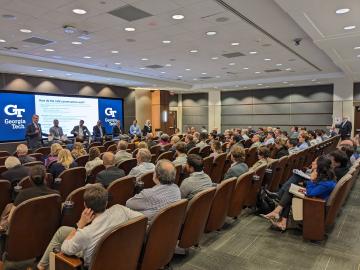
ORNL's Climate Change Science Institute and the Georgia Institute of Technology hosted a Southeast Decarbonization Workshop in November that drew scientists and representatives from government, industry, non-profits and other organizations to
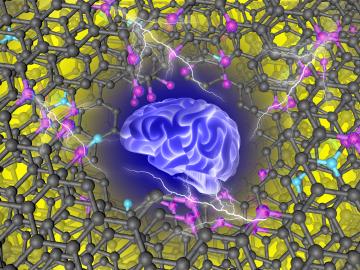
Guided by machine learning, chemists at ORNL designed a record-setting carbonaceous supercapacitor material that stores four times more energy than the best commercial material.


